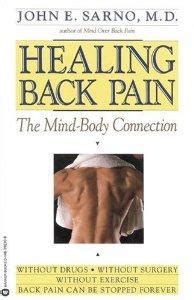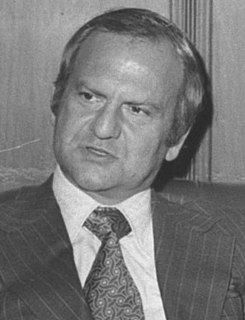A Quote by Kenny Smith
In all technai or arts (medicine perhaps most of all), there is a self-exhilaration on the part of the practitioner (the intoxication of the ego with its own potency) which is infectious: the patient enjoys a placebo-effect which redounds to the ego of the "artist."
Related Quotes
The term "self" seems a suitable one for the unconscious substrate whose actual exponent in consciousness is the ego. The ego stands to the self as the moved to the mover, or as object to subject, because the determining factors that radiate outward from the self surround the ego on all sides and are therefore supraordinate to it. The self, like the unconscious, as an a priori existent out of which the ego evolves. It is, so to speak, an unconscious prefiguration of the ego. It is not I who create myself; rather, I happen to myself.
Then ego goes on growing, because the society needs you as an ego, not as a Self. The Self is irrelevant for the society; your periphery is meaningful. And there are many problems. The ego can be taught and the ego can be made docile and the ego can be forced to be obedient. The ego can be made to adjust, but not the Self. The Self cannot be taught, the Self cannot be forced. The Self is intrinsically rebellious, individual. It cannot be made a part of society.
Pathology has made us acquainted with a great number of states in which the boundary lines between the ego and the external world become uncertain or in which they are actually drawn incorrectly. There are cases in which parts of a person's own body, even portions of his own mental life - his perceptions, thoughts and feelings -, appear alien to him and as not belonging to his ego; there are other cases in which he ascribes to the external world things that clearly originate in his own ego and that ought to be acknowledged by it.
In Buddhist ideology, the conventional self is that which is constructed in a way by the use of the pronoun, and when you realize there is no absolute ego there, no disconnected one, self, or ego, then that actually strengthens your conventional ego. It does so in the sense that then you realize it's a construction, and you can strengthen it in order to help others, or do whatever you're trying to do, it's not like you no longer know who you are. Then you can organize your behavior by using your ego, as it's now the pronoun.
The love to which ego is attached is a form of jealousy - this is why nobody is as jealous as lovers are. The love which is attached to the ego is a conspiracy and a trick to possess the other. It is a conspiracy - that is why nobody suffocates so many people as those who talk of love. This situation is created because of the 'love' which comes from the ego - there can never be any relation between love and the ego.
Individually we can work on ourselves. By working on your own ego and developing truth, control, and an equitable inner dialogue, you individualize the spirit within you through the process of observation. If you work on yourself, the progress you make radiates invisibly to others, helping them and giving them courage, which also improves the global picture. After all-your ego is a part of the world ego, and as you control it, you lessen the overall influence of the world ego while expanding the presence of truth on our planet.
In conscious life, we achieve some sense of ourselves as reasonably unified, coherent selves, and without this action would be impossible. But all this is merely at the 'imaginary' level of the ego, which is no more than the tip of the iceberg of the human subject known to psychoanalysis. The ego is function or effect of a subject which is always dispersed, never identical with itself, strung out along the chains of the discourses which constitute it.
If your own strong ego clashes with other strong egos, you not going to get anywhere. I studied psychology and learned about the many parts of us that we need to integrate so we don't walk around feeling disconnected: personality, soul, ego. If you do feel disconnected, you need to ask which part is feeling that way. Your ego is there to boost you up, if recognized and used correctly.
Always make a note of what you are doing and where it leads. By and by, you will become aware of that which is ego and that which is nature; which is real and which is false. It will take time and alertness, observation. And don't deceive yourself - because only ego leads to misery, nothing else. Don't throw the responsibility on the other; the other is irrelevant. Your ego leads to misery, nobody else leads you into misery. Ego is the gate of hell, and the natural, the authentic, the real that comes from your center, is the door to heaven. You will have to find it and work it out.



































